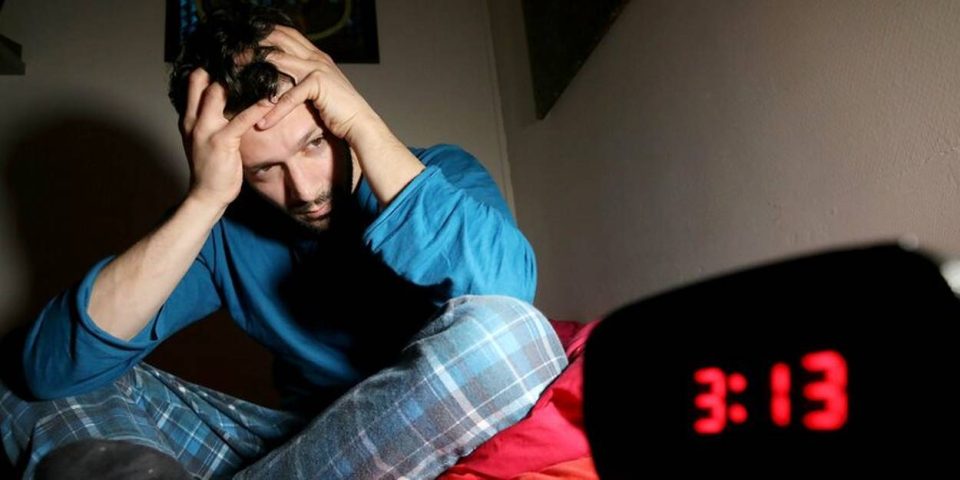
The’climate emergency may well have a direct impact on the behavior of individuals and this trend is expected to intensify in the coming years. As reported by a study cited in The Guardian and spotted by International mail, the rise in temperatures caused by global warming alone would reduce the sleep of people around the world.
According to the results of scientists, humans are already losing an average of 44 hours of sleep a year, which is 11 nights with less than 7 hours of sleep, due to global warming. But, with their forecasts, we could each lose between 50 and 58 hours of sleep a year by the end of the century, if great maneuvers are not put in place internationally to stem the rise in temperatures.
The authors of the study, who analyzed the sleep of 47,000 adults from 68 different countries, also found that a very hot night, when the thermometer showed more than 30 degrees, caused an adult to lose an average of 14 minutes of sleep. They also specify that the impact of global warming on sleep will be significantly greater for residents of low-income countries, as well as for the elderly and women.
TO READ ALSOHeat wave: welcome to the world after
An inability of humans to adapt
Another worrying result delivered by this study, the data showed no signs of humans being able to adapt to warmer nights. “For most of us, sleep is a very familiar part of our daily routine; we spend almost a third of our lives sleeping,” recalls Kelton Minor, from the University of Copenhagen, who led the study. “An increasing number of people in many countries around the world are not getting enough sleep and are going to sleep less and less,” he also warns.
TO READ ALSOThe French concerned about the impact of the environment on health

